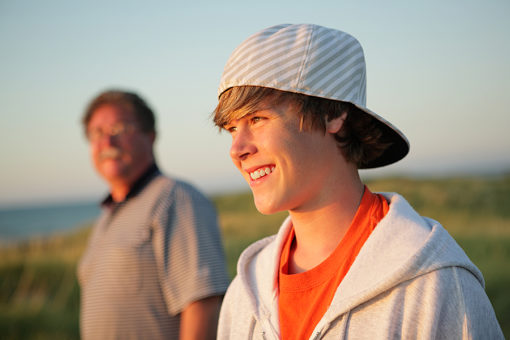With more than 800,000 lives lost to suicide across the world each year, “survivors”, the name given to those who have lost a loved one to suicide, are all over the globe. Whether you lost your sibling, parent, lover, friend, or coworker to suicide, being a survivor takes strength and courage daily. Survivors not only have to bury their loved ones and take care of the life they left behind, but they are also left with so many unanswered questions, mainly “why”?
- “Why did my loved one commit suicide”?
- “Could I have done anything to prevent this?”
- “Is this my fault”?
- “How long was my loved one suffering?”
- “Were there warning signs that I missed?”
International Survivors of Suicide Day is November 24th and is the a time when individuals affected by suicide loss gather around the world at events in their local communities to find comfort and gain understanding as they share stories of healing and hope. If you recently have lost a loved one to suicide, hopefully, these words can provide you some comfort and clarity during your time of need:
Survivor Quotes
- “Allow yourself to grieve. We all grieve in our own time in our own way.” -Sally-Ann Ganzer
- “A person never truly gets ‘over’ a suicide loss. You get through it. Day by day. Sometimes it’s moment by moment.” -Holly Kohler
- “Know it wasn’t your fault. Know someday you may take comfort in educating people about suicide.” -Sue Mahlburg
- “Please reach out. Speak up. The worst thing you could do is to stay silent like I did for so many years.” -Kelsey Elizabeth Oney
- “When I lost my brother to suicide, the most helpful thing for me was part of a support group. Through that support, I learned to honor my brother’s life and the wonderful person he was by sharing stories.” -Judie Zerilli
- “Read books written by other survivors. Write.”- Shakeena Faith
- “Don’t become a statistic yourself. Get counseling and be open to psychiatry if you need it.” -Christine Anderson
- “You will survive, and you will find purpose in the chaos. Moving on doesn’t mean letting go.” -Mary VanHaute
- “So far, the best thing for me has been advocating during difficult times for prevention. It helps me to focus on the positive.” – Sherrie Gerdon
Suicide Survivor Outcomes
As a suicide survivor, it can be very difficult to move on after the intentional death of a loved one. Unanswered questions, grief, and an unexpected loss can take a toll on survivors. Suicide survivors are at risk for complicated bereavement, depression, anxiety, and substance abuse. Grief counseling, suicide support groups, and suicide hotlines and organizations can all be great assets for suicide survivors. Seeking help to prevent unhealthy patterns and coping skills cannot only help with the grieving and prevent long-term complications, but it can also help the individual get into the community and to understand and raise awareness about suicide. Becoming a suicide prevention advocate can be a form of therapy in itself. The following are books on suicide written by survivors detailing how they have dealt with their tragic loss.
- Rocky Roads: The Journeys of Families through Suicide Grief: Michelle Linn-Gust, Ph.D., Chellehead Works, 2010.
- Silent Grief: Living in the Wake of Suicide: Christopher Lukas and Henry M. Seiden, Ph.D., Jessica Kingsley Publishers, 2007 (revised edition).
- Suicide of a Child: Adina Wrobleski, Centering Corp., 2002.
- Black Suicide: The Tragic Reality of America’s Deadliest Secret: Alton R. Kirk, Ph.D., Beckham Publications Group, 2009.
- Unfinished Conversation: Healing from Suicide and Loss — A Guided Journey: Robert E. Lesoine and Marilynne Chopel, Parallax Press, 2013.
Kristen Fuller, M.D., is a clinical content writer and enjoys writing about evidence-based topics in the cutting-edge world of mental health and addiction medicine. She is a family medicine physician and author, who also teaches and contributes to medicine board education. Her passion lies within educating the public on preventable diseases, including mental health disorders and the stigma associated with them. She is also an outdoor activist and spends most of her free time empowering other women to get outside into the backcountry.
